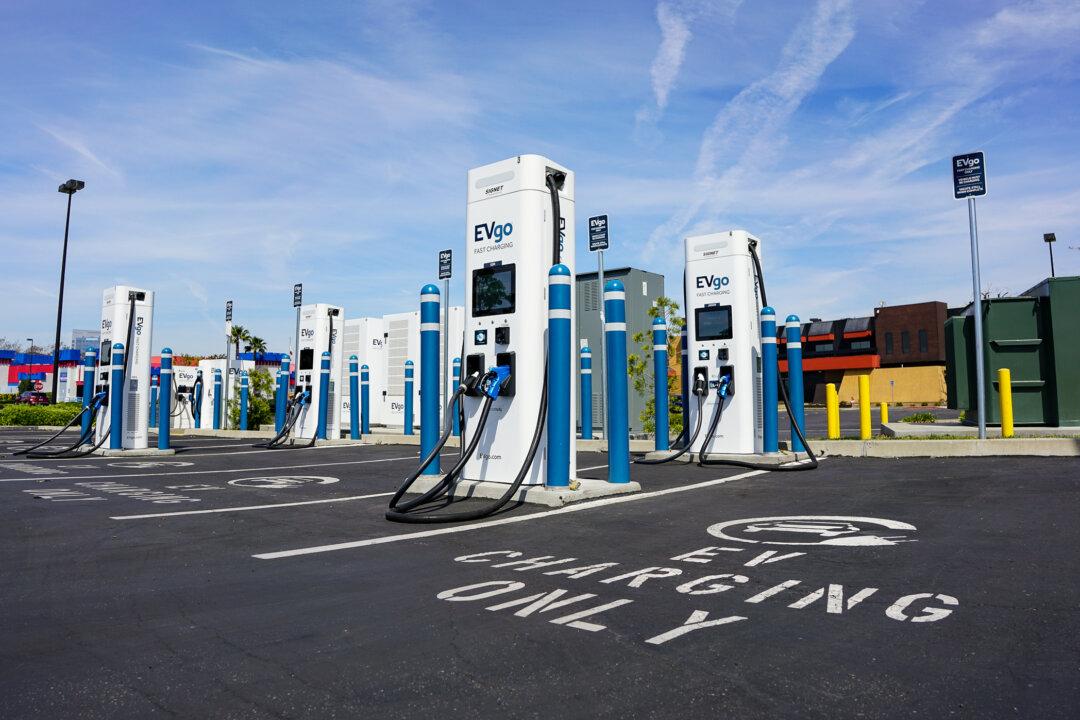The world’s fifth-largest automaker Stellantis—manufacturer of 14 makes, including Jeep, Maserati, and Chrysler—will become the second-largest shareholder of Australian lithium miner Vulcan Energy Resources.
To fuel its ongoing electric vehicle sales, the carmaker will pay $76 million (US$52.45 million) to acquire an eight percent stake in Vulcan.





